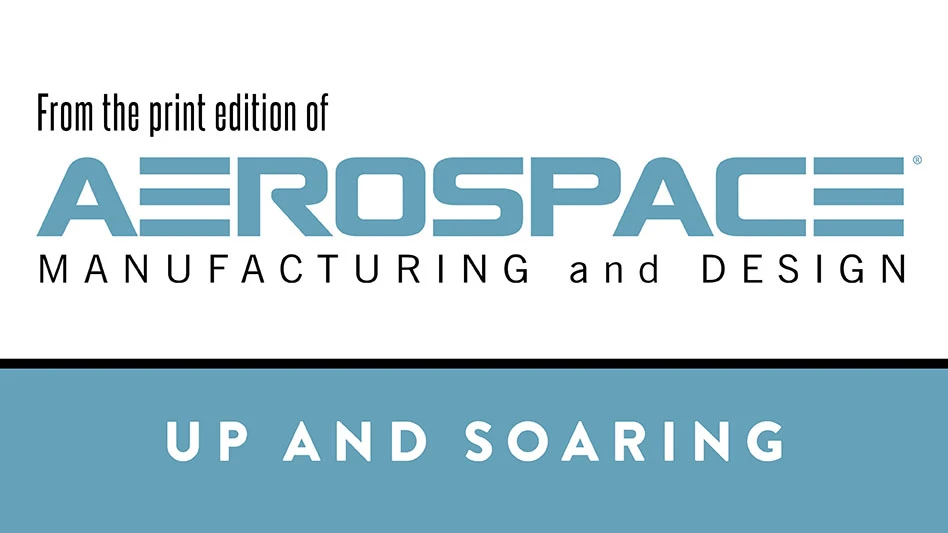
iStock image photo courtesy Aerotek
Embarking on a career as an aircraft mechanic opens doors to a world of opportunities in the dynamic aviation industry. Aircraft mechanics play a crucial role in ensuring the safety and reliability of aircraft, making their training essential for maintaining industry standards. Throughout my 30 years helping aviation companies find the best aircraft mechanics, I’ve learned much about working with these skilled professionals to ensure they can quickly identify the credentials required to get them to work.
What to expect from aircraft mechanic training
Proper training is paramount for aspiring aircraft mechanics to excel in this challenging and dynamic field. Comprehensive training programs provide students with a deep understanding of aircraft systems, engine mechanics, electrical systems, hydraulic systems and avionics.
Aircraft mechanic training programs typically encompass theoretical instruction and hands-on practical experience. Students learn about aircraft structures, propulsion systems, electrical systems, and other essential components. Practical training allows students to apply theoretical knowledge in real-world scenarios, honing their skills and building confidence in performing aircraft maintenance and repairs. Additionally, students may have the opportunity to work on actual aircraft under the guidance of experienced instructors, further enhancing their learning experience.
Guidance for military aircraft mechanics transitioning to the civilian workforce
At Aerotek, we understand and appreciate the value former military members can bring to a team. We establish relationships with organizations across the country to help veterans find jobs where they can fully leverage their skills and traits. These experiences have provided insights that veterans might find useful when exploring job opportunities in aviation.
Military veterans transitioning to civilian careers as aircraft mechanics should prioritize training programs that recognize and build upon their existing skills and experience. Programs like the Veteran Readiness & Employment (VR&E) benefits, which cover educational and training costs, are particularly beneficial. They can also seek out institutions that offer comprehensive Airframe and Powerplant (A&P) Mechanic Programs, ensuring they are well-prepared for the Federal Aviation Administration (FAA) certification exams. Additionally, veterans should look for programs that provide a supportive learning environment, with faculty and staff who understand the unique challenges of transitioning from military to civilian life.
While making the move to the civilian workforce, veterans should consider programs that offer direct pathways to employment, such as partnerships with airlines or maintenance repair operations. These programs often include mentorship and support from experienced professionals, helping veterans navigate their new careers. Financial assistance and industry connections can further enhance employment prospects, making the transition smoother and more rewarding. With the growing demand for skilled aircraft mechanics, veterans with the right training and support can find stable and lucrative career opportunities in the aviation industry.
Furthermore, veterans should leverage their military experience and discipline, which are highly valued in the aviation maintenance field. Working with a recruiter can significantly benefit in showcasing these traits to a potential employer. A quality recruiter can also help veterans navigate the complex landscape of certifications and training. At Aerotek, our relationships with training schools and other organizations across the U.S. make it easier for veterans to quickly complete the required training and get to work. This includes helping veterans familiarize themselves with FAA Form 8610-2, which is required to apply for the Airframe and Powerplant (A&P) certification. By taking these steps, veterans can successfully transition to fulfilling civilian careers as aircraft mechanics, contributing their expertise to an industry in need of skilled professionals.
The future of aircraft mechanic training
The aviation mechanics field is undergoing significant transformations due to emerging technology trends and industry demands. These changes are reshaping maintenance repair and overhaul (MRO) operations worldwide, affecting major airlines and smaller private aviation operators alike.
One key trend driving this change is the growth in the aviation mechanic sector. Commercial and private aviation sectors are increasing their maintenance spending due to the growing number of flights and aircraft in service. As aircraft represent substantial investments requiring regular maintenance for safety and profitability, the demand for skilled aviation mechanics is steadily rising.
Another notable trend is prescriptive maintenance, poised to revolutionize MRO practices. Leveraging analytics software, this approach enables predictive maintenance, preemptively addressing potential issues. Similarly, aircraft health monitoring systems are becoming essential, offering real-time data processing to optimize maintenance efficiency and reliability.
Additionally, the industry is transitioning towards paperless MRO operations, streamlining processes and enabling faster information sharing. Anticipated increased collaboration among MROs aims to enhance service quality and operational efficiency. In the United States, the imminent retirement of a significant portion of baby boomer aviation mechanics is exacerbating talent shortages. This highlights the importance for aspiring mechanics to pursue education and training programs promptly to address future workforce needs and adapt to an aviation landscape driven by transformative technologies.
Aerotek
https://www.aerotek.com/en
About the author: Kirk Hardy is senior director, strategic sales and operations at Aerotek. He has dedicated 29 years to the company since joining as a recruiter in 1996. He partners and consults with the largest clients in Aerotek’s Aerospace and Defense segment to provide workforce management solutions, focusing on business development and retention to drive success and growth.
Latest from Aerospace Manufacturing and Design
- America Makes announces QTIME project call
- Innovation meets precision for 40% faster machining
- Upcoming webinar: Pro tips from a supply chain strategist
- Heart Aerospace relocates to Los Angeles
- Fixtureworks introduces Stablelock Clamps
- Piasecki acquires Kaman's KARGO UAV program
- PI Americas’ long-travel XY piezo nanopositioners-scanners
- AAMI project call submission deadline extended to May 12





